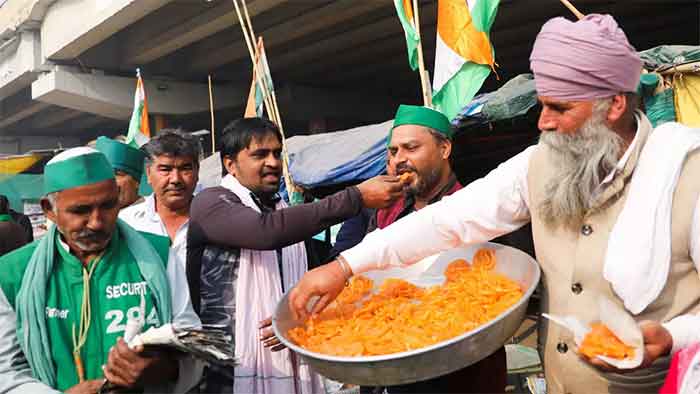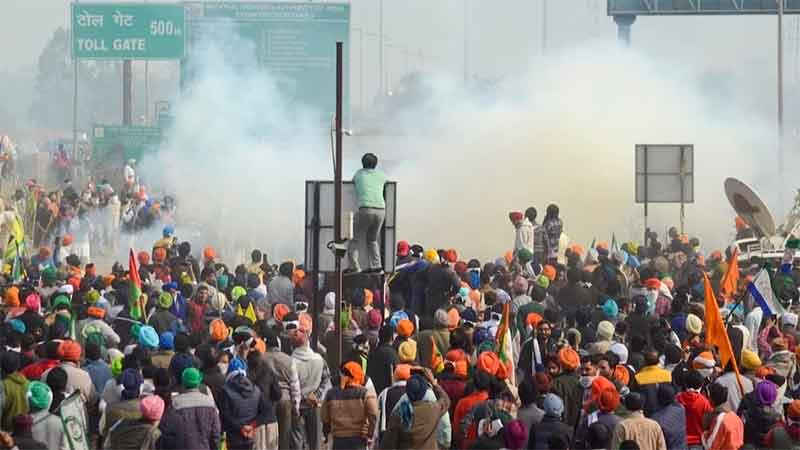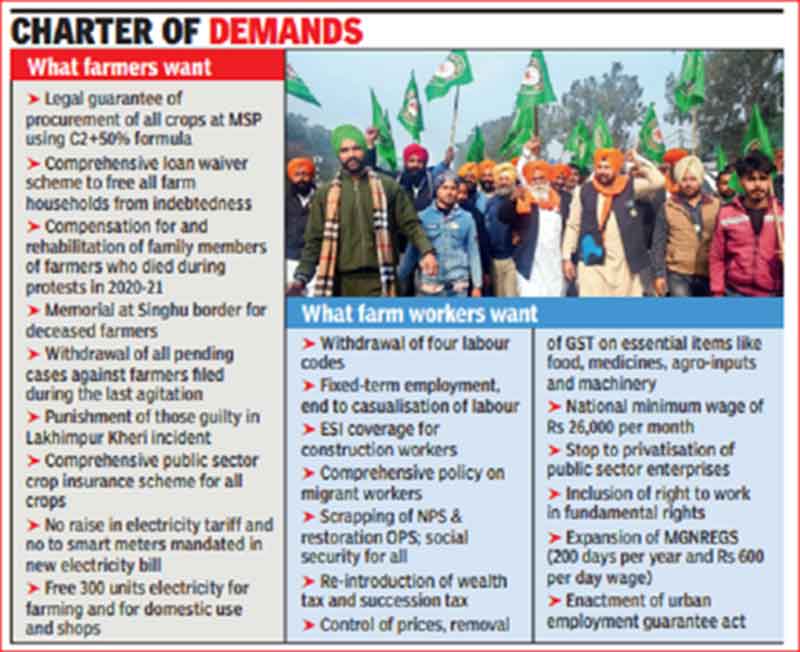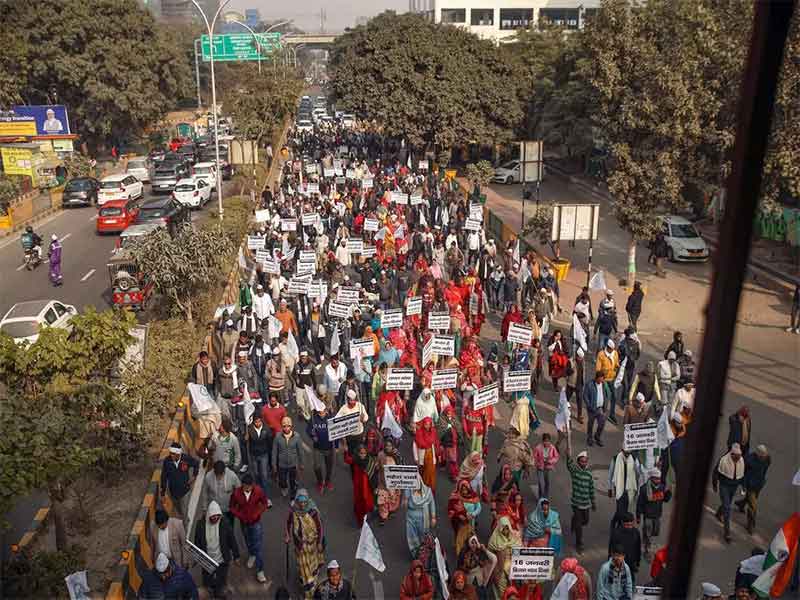
In the past one year, farmers of the country have demonstrated the force of popular determination against an arrogant and defiant government. The farmers’ movement has proved that the revolutionary spirit of the ‘peasant’ had not diminished with the arrival of new networks of capital. It has established that ‘peasant consciousness’ in the country remains intellectually sharp, socially sensitive and politically militant. As opposed to the image of the peasant as a marginal figure in history, the recent farmers protests have proved that they remain very much central to the discourse of democracy in India.
The tone of prime minister’s address on 20 November 2021 while announcing the decision to repeal the three farm laws highlighted his uneasiness with farmer’s victory and laid bare his refusal to admit that their perseverance has crumbled his pride. The prime minister has time and again resorted to an imagery of the ascetic (faqir) to make his political posturing acceptable to a wider public. He aspires to gain a superior moral authority to make the shortcomings of his myopic politics unseen. His reference to his own politics as tapasya (devotion/penance) requires some probing. When a government with all power and authority at its disposal fails to crush a democratic and popular movement, it speaks volumes of the discipline and dedication of the movement. In the spirit of democracy and justice, it was the farmers whose protest deserves to be called a tapasya, because it brought back many foregone frameworks of inclusive and democratic politics in the face of various hardships. As opposed to riots becoming an increasingly dominant expression of collective action in India, the farmers movement made rights and inclusion in democratic decision making the source of energy for itself. Against endless negative propaganda, police brutality, and shaming in the name of a religion, the farmers stood firm and responded with clarity, sincerity, and steadfastness.
It is pertinent to note how the revolutionary spirit of the farmers was registered by the ruling dispensation as reactionary and anti-national only a little while ago. It is an improvement that the prime minister has recently declared them vacuous. His recent address declaring the repeal of the three farm laws, put the onus of ‘misunderstanding’ on farmers. If one pays attention to the layers of the prime minister’s political message, his delayed apology does not appear to be aimed at addressing the suffering of the farmers but to make palatable the inability of his political power to achieve its goal. However, in the end, the determination of the democratic and popular outran the arrogance of those in power.
The farmers have instilled our confidence in some of the forgotten lessons in popular politics. The authority of the people never gets exhausted by the government. The constituted (state/government) is subservient to the constituting (people). Governments have the tendency to see popular protests as politically unsavoury and unjustified. However, popular politics unravels collective responsibility because it demands a response from the people, civil society, and the state. It provides agency to democracy because it makes the democratic and popular active rather than just ‘being there’ dependent on an institutional outside that is increasingly controlled and partial to the ruling dispensation.
As opposed to an increasing trend of populist politics which is inward looking and exclusionary in nature, democratic politics is outward looking and not threatened by inclusion. In fact, inclusion is the ethic of democratic politics. Mere dependence on jingoist nationalism where defining, classifying, humiliating, and exterminating imagined threats is the primary agenda, obfuscation of real challenges that the polity faces, is obvious. Popular democratic uprisings, in contrast, challenge ethnic visions of a nation, confront the narrow view that only unidirectional movement of institutional decision making deserves legitimacy. Democratic politics steers the discourse back to the people by way of questioning legitimacy and authority and celebrating diversity and difference. On 27 November 2021, with the passing of the Farm Laws repeal Bill, 2021, and the various subsequent written assurances from the government on the critical issue of MSP and protection from punitive measures against protestors, farmers victory is etched in the annals of history. By ensuring the repeal of the three farm bills, farmers have done a great service (seva) to the nation not only by saving the peasantry but democracy itself. On 11 December 2021, the protesting farmers at Delhi’s borders and elsewhere will return victorious to their homes, leaving behind an assurance- in the end, democracy has defeated despotism.
Javed Iqbal Wani is currently Assistant Professor at Ambedkar University Delhi














































